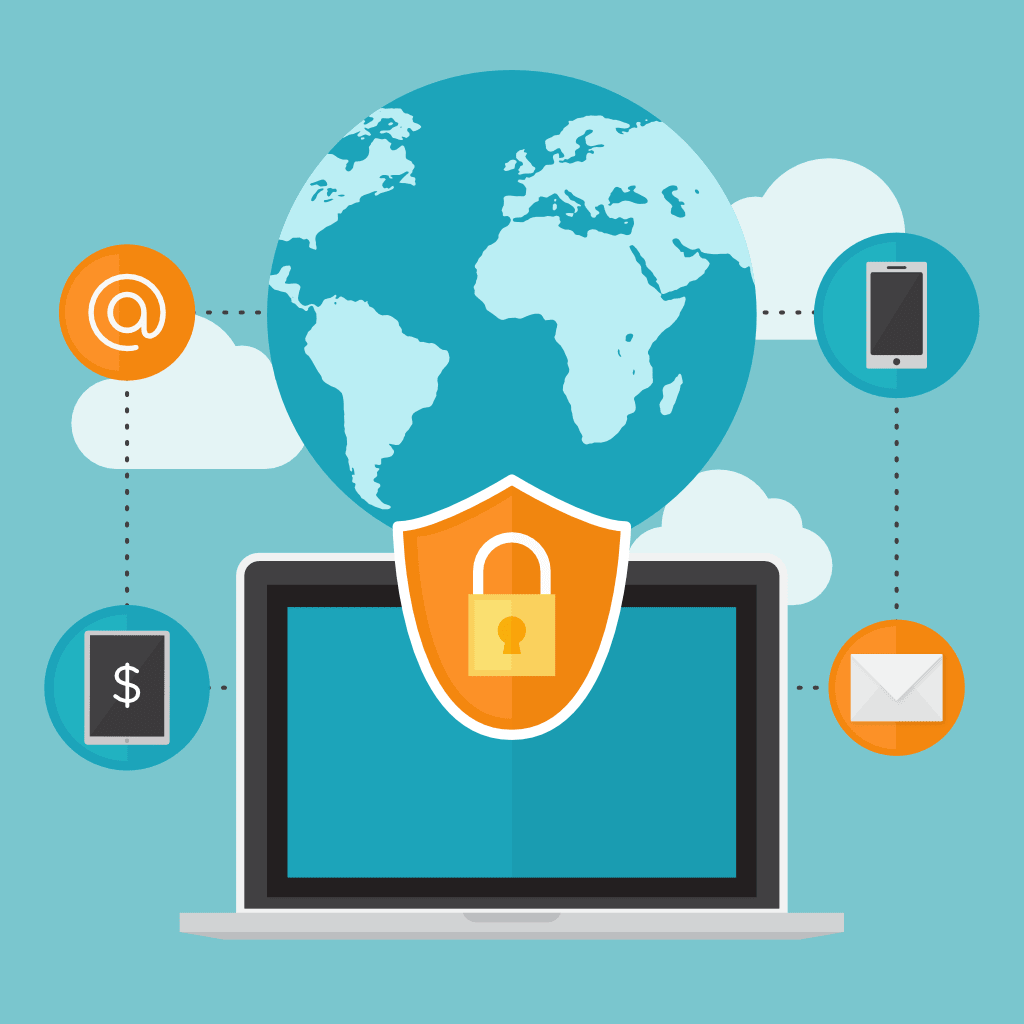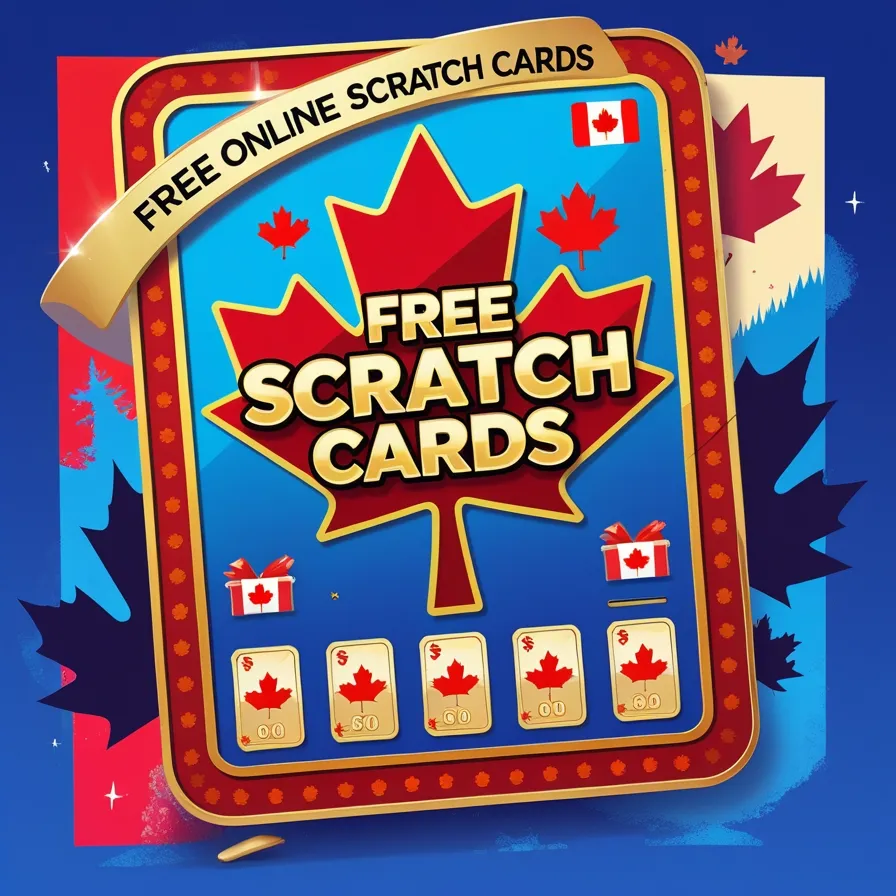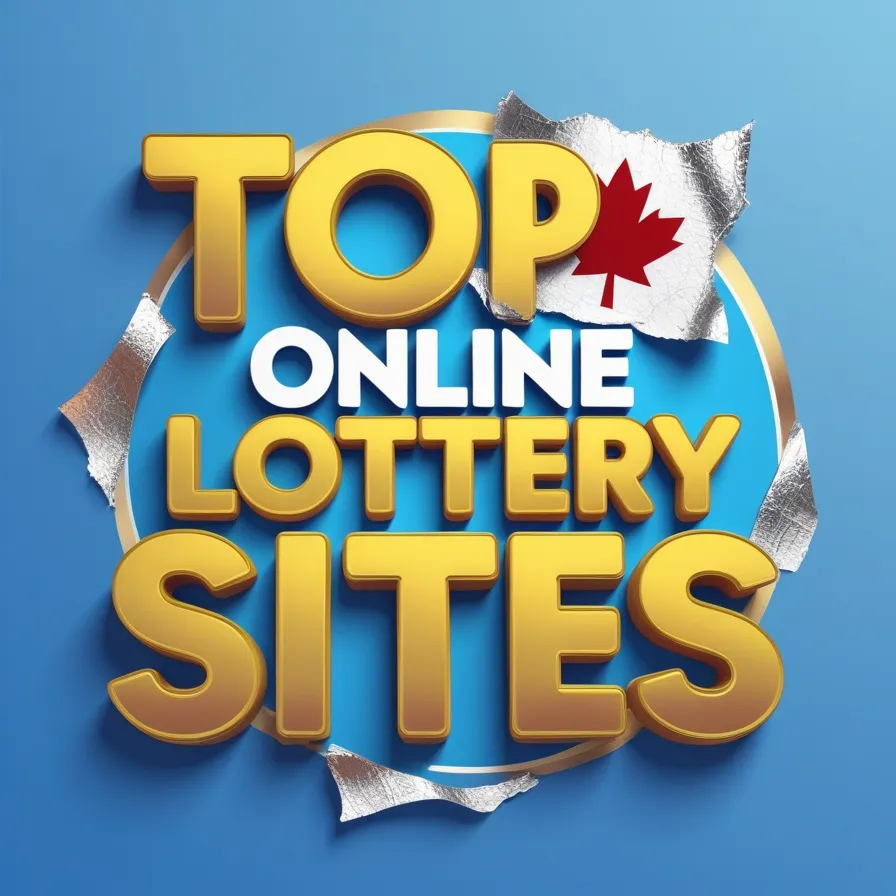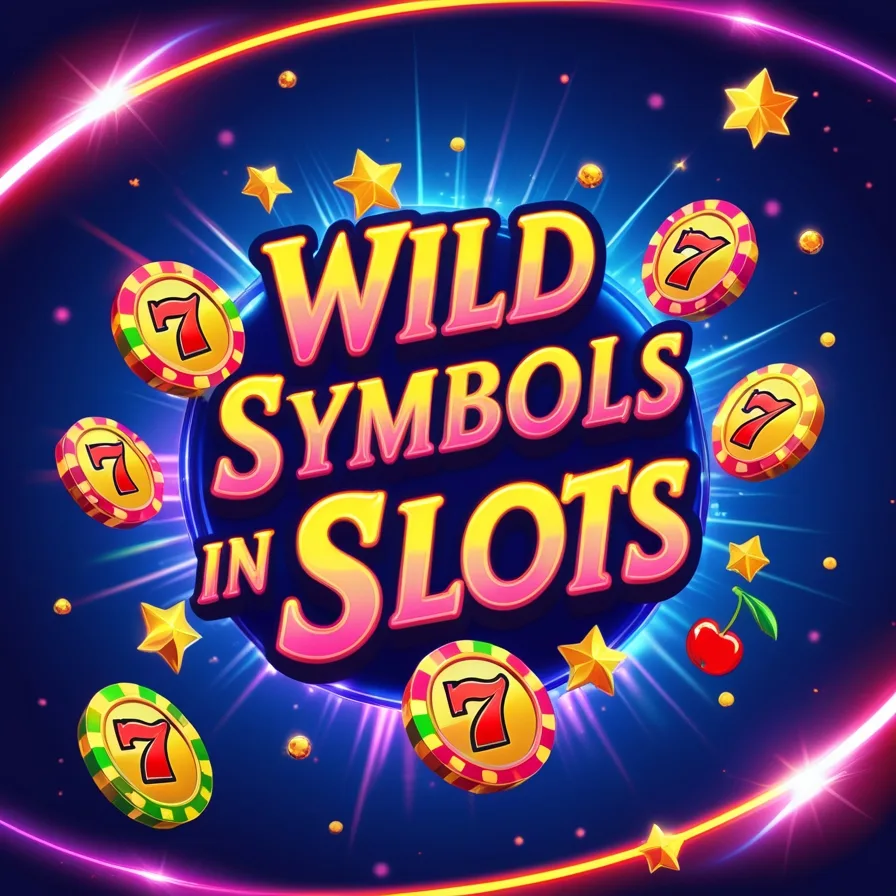Gambling Licensing Authorities: Who Keeps Casinos Honest?
What Are Gambling Licensing Authorities?
Think of them like restaurant health inspectors but for casinos. Without a license, the casino is just some shady guy asking for your money with no rules. Sketchy, right?
A license means:
- The casino has to follow strict rules and government regulations.
- Games can’t be rigged (or they shouldn’t be).
- They have to pay you if you win.
If there’s no license? Run. Don’t even bother asking questions.
What Do Licensing Authorities Do?
These guys don’t just hand out licenses like free candy. Licensing bodies dig deep and check if the casino meets legal compliance standards.
Even casinos with offshore licences must prove their games are fair and that your money is safe.
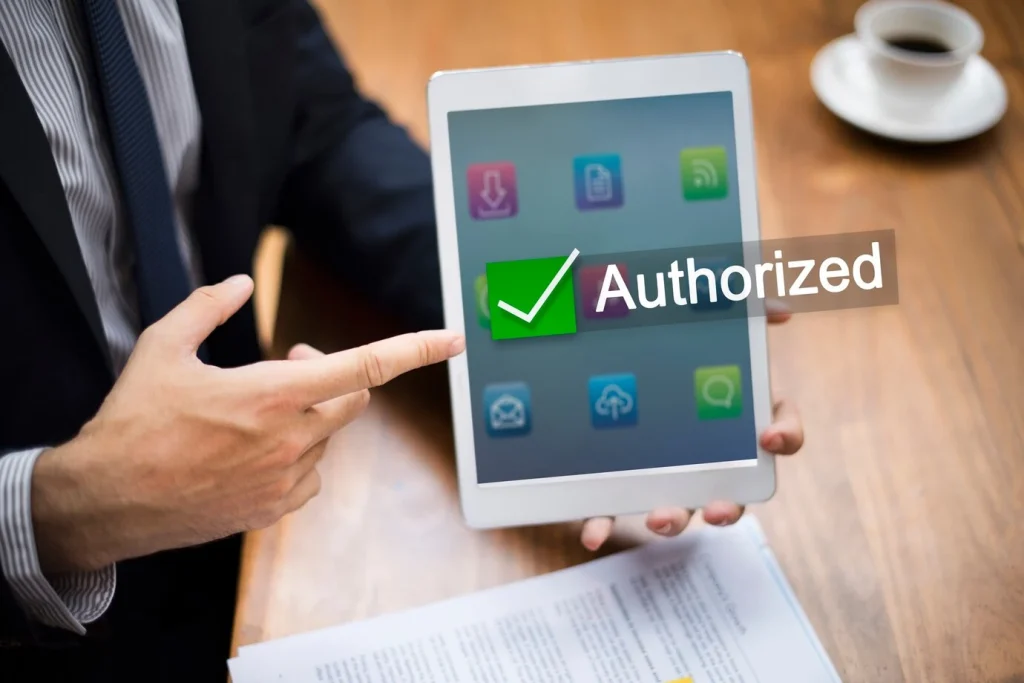
Who’s Running the Casino?
They’ll make casino audits on everything, like:
- Is the owner a scammer?
- Are they operating from a weird basement?
If it smells fishy, no license for them. If you’re wondering how to get a gaming license in Ontario, for example, they’ll ask detailed questions about who owns the casino, how it’s set up, and if it’s capable of following all the rules.
Are the Games Fair?
No rigged slots allowed. Every spin has to be random. If they say 95% RTP (Return to Player), they can’t just make it up.
Where’s the Money?
Your money shouldn’t go straight to their “new office chairs fund.” Licensed casinos have to keep deposits separate.
No Fake Ads
You know those “FREE $1,000 BONUS!” ads? Yeah, not so fast. Licensing people make sure ads are (mostly) honest and explain terms clearly.
Top Gambling Licensing Authorities Worldwide
Let’s talk about the big players. These are the folks who make sure casinos don’t screw you over.

United Kingdom Gambling Commission (UKGC)
The strictest of the strict. They check everything twice.
- Games must be fair. If a slot says 95%, it better deliver.
- Your money is safe because they make casinos keep funds separate.
- They’re huge on responsible gambling tools, like self-exclusion.
Malta Gaming Authority (MGA)
MGA – Big name in Europe. Not as tough as the UKGC but still solid.
- Licenses casinos across Europe.
- Fines casinos if they mess up.
- Reliable enough that players and casinos both like them.
Gibraltar Regulatory Authority (GRA)
Tiny place, big influence. They’re like the cool-but-strict cousin of the UKGC.
- Regulates huge casino brands.
- Balances strict rules with flexibility.
Alderney Gambling Control Commission (AGCC)
Never heard of Alderney? Tiny island, serious casino regulations.
- Focuses on online gambling only.
- Strong on anti-money laundering stuff.
Isle of Man Gambling Supervision Commission
Isle of Man license sounds like it’s from a fantasy novel, but nope, real place.
- One of the first to regulate online gambling, so they’ve been doing this for years.
- Focused on keeping players safe and casinos financially stable.
Kahnawake Commission
Kahnawake Commission based in Mohawk territory in Canada. Solid but not flashy.
- Great for North American casinos.
- Ensures funds are secure and games are fair.
Curacao eGaming Licensing Authority
The famous one – and not always in a good way.
- Cheap and fast licenses, which is why so many casinos use them.
- Gaming standards? Not as strict. Some good casinos have this license, but do your homework first.
Swedish Gambling Authority (Spelinspektionen)
Sweden doesn’t mess around with the gambling law.
- Time limits and spending caps are mandatory.
- Transparency is key – players always know the rules.
Danish Gambling Authority (Spillemyndigheden)
Quiet but effective.
- Keeps games fair.
- Cracks down on illegal gambling operations.
New Jersey Division of Gaming Enforcement (DGE)
The U.S. heavyweight. If you’re gambling in New Jersey, they’re in charge.
- Regulates online casinos and sportsbooks.
- Ensures payouts are legit.
How Gambling Licenses Protect Players
Alright, let’s talk about why gambling licenses actually matter for you. These aren’t just fancy certificates casinos slap on their websites to look legit. They’re proof of real gaming oversight – ensuring the casino doesn’t pull any shady moves while you’re spinning reels or placing bets. Here’s how they protect players (a.k.a. people who don’t want to get ripped off).
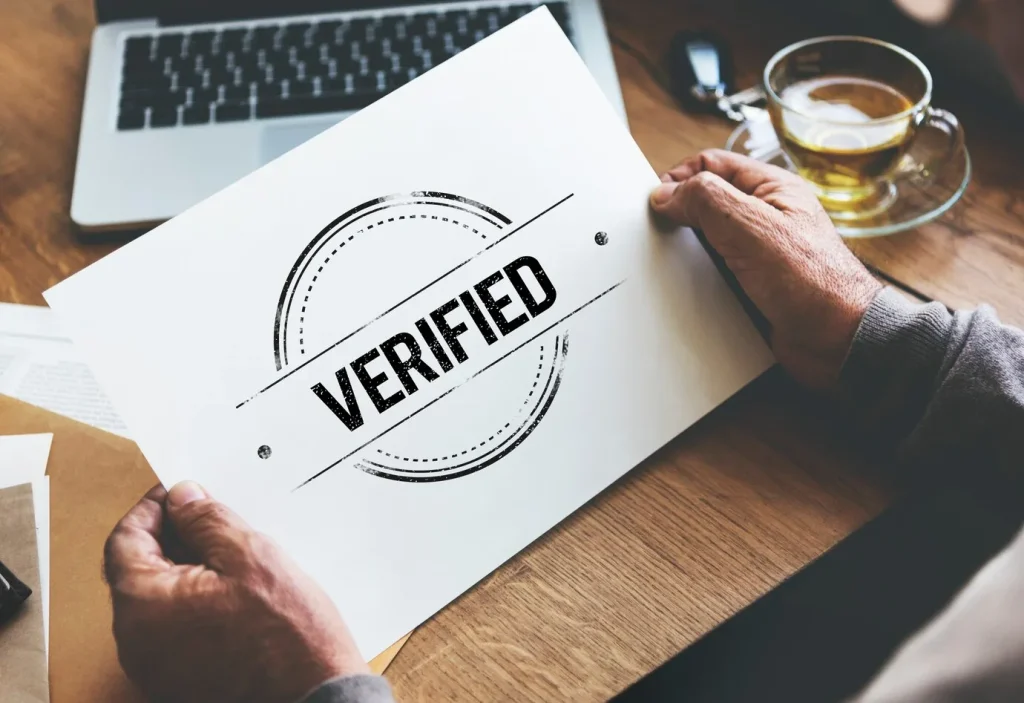
Ensuring Fair Play and Game Integrity
First things first: the games. Ever feel like a slot machine is rigged? That’s exactly what licenses are here to stop. Licensing authorities make sure that every game runs on something called an RNG (Random Number Generator). Sounds fancy, right? It just means the outcomes are random – no secret algorithms making you lose every time.
Here’s what they check:
- Fair Odds: That 95% RTP (Return to Player) you saw on the slot machine? It’s not just a number they made up – it’s tested and verified by independent auditors.
- Unbiased Games: Whether it’s poker, blackjack, or even bingo, no one’s sneaking in extra cards or tipping the scales.
- Regular Testing: Yep, casinos don’t just get tested once and call it a day. Regulatory agencies keep checking to make sure the games stay fair over time.
Basically, if a casino’s licensed, you can trust that you’re not getting hustled. (Well, as much as you can trust any game of chance.)
Responsible Gambling Measures and Player Protection
Casinos might want you to play, but licensed ones don’t want you to lose everything. That’s where responsible gambling rules come in. Licensing authorities make sure casinos take steps to protect players from going overboard.
Here’s how:
- Deposit Limits: You can set limits on how much money you put into your account. So, no more “just one more deposit” at 3 a.m. (We’ve all been there, no judgment.)
- Loss Limits: Some casinos let you cap how much you’re willing to lose in a day, week, or month. It’s like self-control, but automated.
- Reality Checks: Ever seen a pop-up saying, “You’ve been playing for 2 hours. Take a break”? Thank the licensing authorities for that one.
- Self-Exclusion: If gambling’s becoming a problem, you can block yourself from playing for a set amount of time. Some licenses even require casinos to link players to gambling support services.
The point? Licensed casinos don’t just want your money – they also (kind of) want you to stay sane while gambling.
Dispute Resolution and Support for Players
Okay, imagine this: you win a big jackpot, but the casino suddenly refuses to pay out. What now? Licensed casinos don’t get to just ghost you when there’s a problem. Licensing authorities make sure there’s a system in place to handle disputes.
Here’s how it works:
- File a Complaint: If you think the casino messed up (or is just being sketchy), you can lodge a complaint with the licensing authority.
- Investigation Time: The licensing body steps in, looks at both sides, and figures out what’s actually going on.
- Fair Resolution: If the casino’s in the wrong, they’ll be forced to fix the problem – whether that’s paying you your winnings or correcting an error.
And the best part? Casinos know they can lose their gaming license if they don’t follow through. So they’re usually quick to sort things out.
Licensing authorities also keep player support on the table:
- 24/7 Help Desks: Many licensed operators are required to offer round-the-clock customer service (because problems don’t wait for business hours).
- Transparent Terms: No shady loopholes or hidden fees. If something’s unclear, you can demand answers.
License Verification
Every legit casino should proudly display its casino certification information. You’ll usually find it at the bottom of the homepage (the footer section).
Look for things like:
- The name of the licensing authority (e.g., UK Gambling Commission, Malta Gaming Authority).
- A license number or registration details.
Sometimes, a clickable link that takes you straight to the licensing body’s website.
If a casino doesn’t mention its license anywhere? Red flag.
Responsible Gambling Reminder
Gambling should be fun. If it starts feeling stressful or out of control, stop. Use tools like deposit limits or take a break. If it gets worse, reach out for help. Gamblers Anonymous, GamCare – they’re there for a reason. Don’t let a game ruin your peace of mind.
Summing Up
Licenses matter. They mean the casino is playing by the rules and can be trusted (at least a little). Always check for a license and double-check if it’s valid. If something feels off, just find another casino.
And remember: gambling should be fun. Set limits, stay safe, and don’t spend more than you’re

